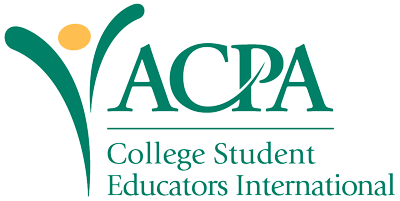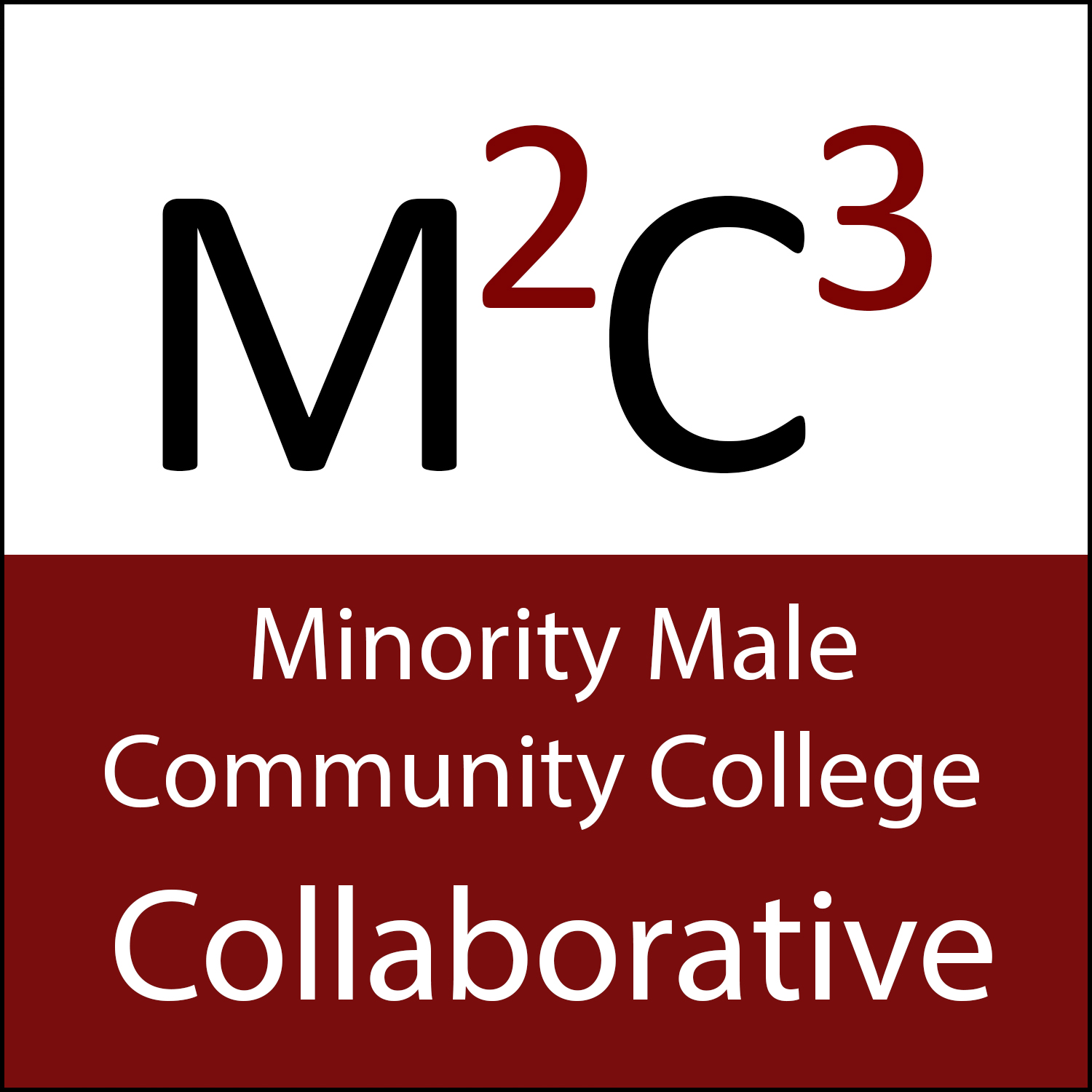Tuesday, 21 July 2015 - 4:48pm


ACPA Executive Director Cindi Love and M2C3 Co-Directors Drs. J. Luke Wood and Frank Harris III are pleased to announce ACPA joining M2C3. This partnership signals ACPA’s deep commitment to improving the success of historically underrepresented and underserved students, including men of color.
Despite programs designed to enhance outcomes for men of color, in the United States only 17% and 15% of Black and Latino men, respectively, earn a certificate, degree, or transfer from a community college to a four-year institution in six years. Figures for men from other ethnic groups (e.g., Native American, Southeast Asian) also indicate an insurmountable need for improvement.
Dr. Cindi Love said, “ACPA has a legacy of commitment to the lives of individuals who have been and continue to be underrepresented in higher education—as students, faculty, staff and administrators. Our Journal of Student Learning and Development (JCSD) is the Tier 1 source to go to on issues of race on college campuses. We are social justice educators and that path has taken us into advocacy and activism within the public policy sphere and on campuses. The events of Ferguson serve as a crucible of conviction for those of us who believe that higher education must change its dominant narrative regarding white power and privilege if young men of color are to thrive. Partnership with M2C3 is one way that we can express our commitment to that change as an association.”
The M2C3 Consortium facilitates an exchange of ideas between community colleges across the nation on how best to serve men of color in our educational institutions. Members of the Consortium convene to share their efforts and learn about new strategies for enhancing the success of men of color.
“This innovative group of college leaders will be instrumental in implementing cutting-edge practices and policies to address the achievement gap facing underrepresented men,” said Dr. J. Luke Wood, co-director of M2C3.
ACPA aims to achieve the goals of enhancing professional development for faculty and staff, enabling informed interventions for programs serving men of color, and inspiring new initiatives addressing challenges facing these men by joining the M2C3 Consortium.
Launched in February 2015, the M2C3 has already seen much success in information-sharing between community colleges. An average of more than 1,000 consortium members participates in each webinar.
ACPA will also host M2C3 recorded online learning events on ACPA Video on Demand.
“It is inspiring to see educators collaborate and openly share innovative ideas for serving men of color,” said Frank Harris III, co-director of M2C3. “We look forward to the future of M2C3 and the future success of men of color.”
For questions on ACPA’s partnership with M2C3, contact Tim Arth, Senior Team Lead, Strategic Business and Resource Development.
ACPA-College Student Educators International supports and fosters college student learning through the generation and dissemination of knowledge, which informs policies, practices and programs for student affairs professionals and the higher education community.
The Minority Male Community College Collaborative (M2C3) is a national research and practice center that partners with community colleges to support their capacity in advancing outcomes for men of color. The center has partnered with more than 100 community colleges across the nation to better understand challenges and design institutional interventions focused on these men.
